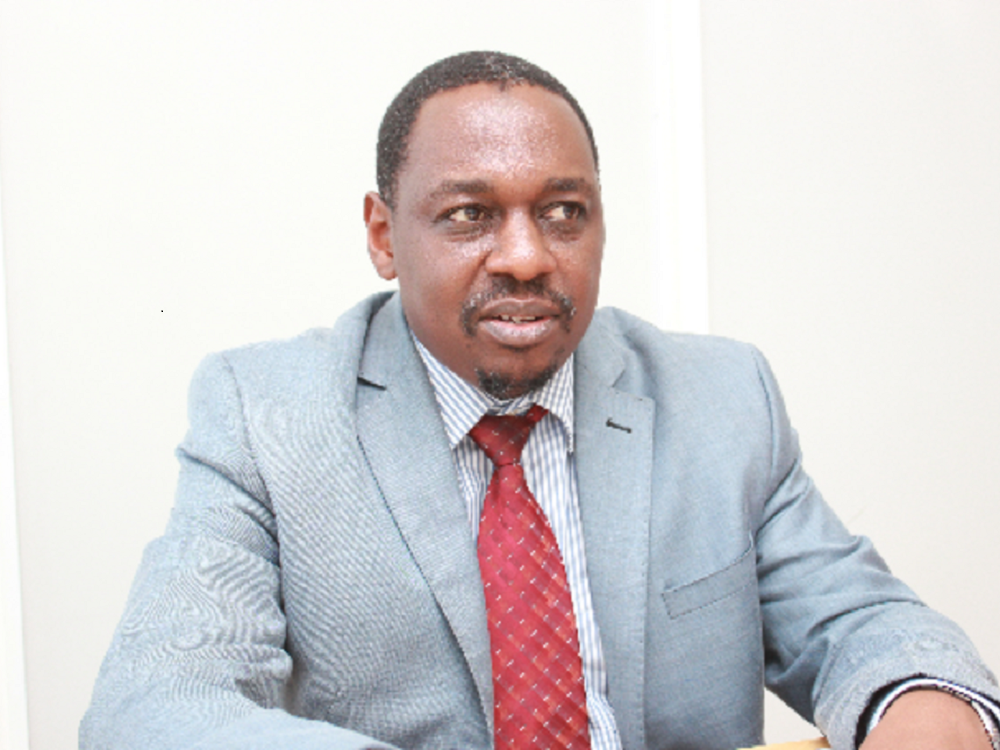The government will set up an open data centre to improve productivity in the agriculture sector. .
The proposed Kenya Agricultural Knowledge Information Systems (KAKIS) Centre will contain all the official data on all crops.
Speaking during a stakeholder’s conference at the Agricultural Information Resource Centre in Nairobi, Agriculture and Research Principal Secretary Hamadi Boga said the centre will be a key step in addressing the information gap existing between various players in the sector.
“The Centre will help reduce duplication that has been attributed to unreliable information as different organisations has different data on agriculture in the country,” Boga said
The PS added that the data on agriculture exist but has failed to catalyze research and data in decision making as it appears that stakeholders are competing amongst themselves.
“We are working together with the private sector to help harmonise the information and make research as one of the key driver of economic mainstay of the country.
Boga noted that the centre will further ensure the country achieves 100 percent food and nutrition security as envisioned in the Big 4 Agenda of the government.
The centre will be connected to all counties in the country and the information shared publicly based on different access rights to its users.
United Nations Food and Agricultural Organisation (FAO) Senior Policy Officer Mulat Demeke Deste said Kenya has high chances of developing its agricultural sector once it adopts the use of Information, Communication and technology (ICT).
He added that there is need for a single data portal that will assist users who can also be producers of the same data.
Deste observed that the centre will offer effective knowledge system to help improve management skills of farmers and policy makers in making convincing decisions.
“Kenya has one of the most resourceful data on agriculture in the East African region but the data is outdated and not well coordinated,” he noted..
The proposed KAKIS will have the capacity where people could access diverse data and provide information to the users through the internet,’ he said.
Deste revealed that the concept has been borrowed from Asia and Latin America where centralised information has proven successful as it helps in formulating of plans and monitoring of performance on food and nutrition.
“The systems enables the populations know what is happening especially with resource allocation, research undertaking and training,” he added.
He said that the system will have a capacity to access other agriculture related connected databases and provide data and information to its users.






![President William Ruto during the launch of Climate WorX in Nairobi. [Photo/PCS]](https://businesstoday.co.ke/wp-content/uploads/2024/10/President-William-Ruto-during-the-launch-of-Climate-WorX-in-Nairobi-1-e1727761613802.png)


Leave a comment